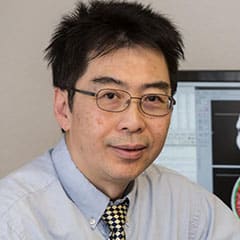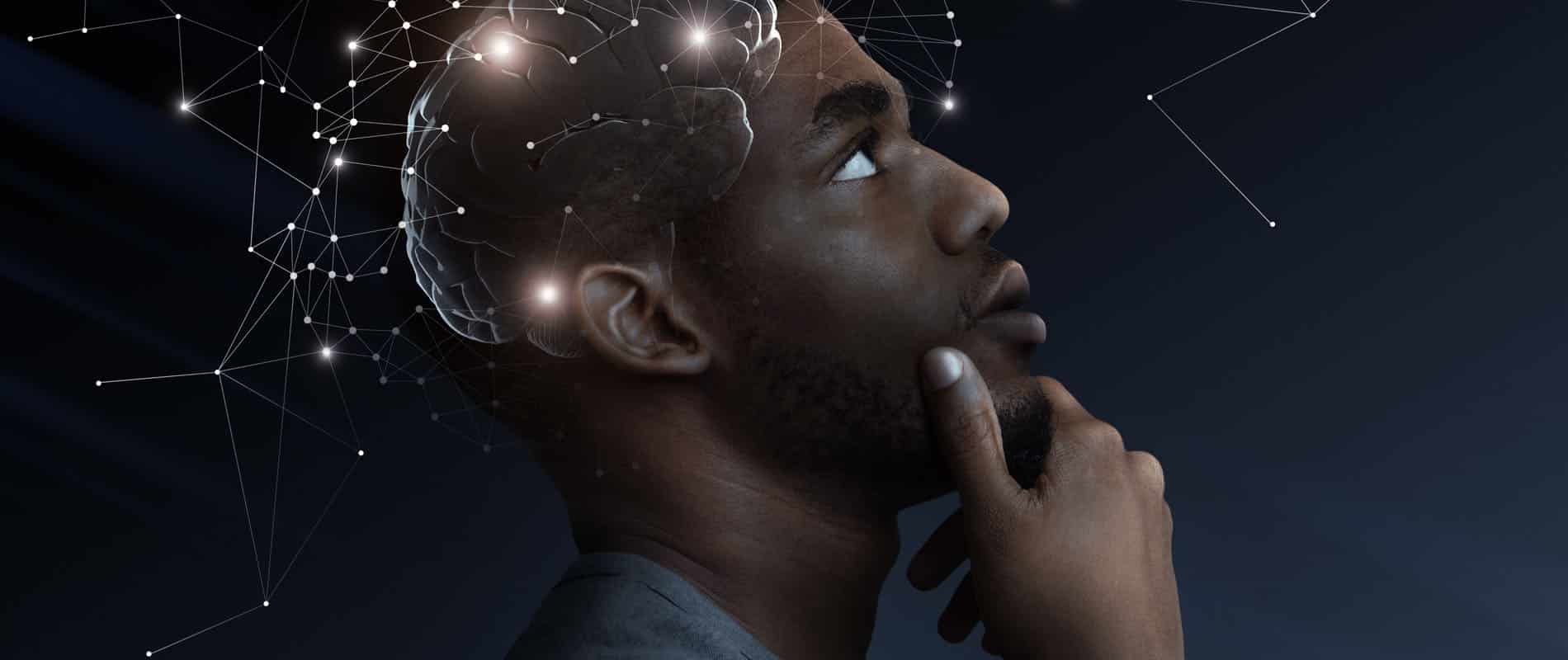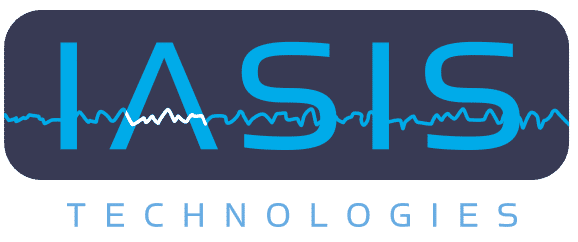Mild TBI Diagnosis & Management Strategies
A Pilot Treatment Study for Mild TBI
By Mingxiong Huang, PhD
Seminar date: 12/6/2017
We used magnetoencephalography (MEG) to investigate neuronal changes in individuals with mild TBI following a treatment program that involves low-intensity pulses using transcranial electrical stimulation (LIP-tES). Mild TBI participants showed significantly reduced abnormal slow-waves and significant reduction of symptom scores after the treatment. The mechanisms of LIP-tES treatment will be discussed, with an emphasis on LIP-tES’s potentiation of the mild TBI healing process.
Intended audience: anyone interested in treatment of mild TBI in humans and recent discovery of new healing mechanisms in animal studies.
Topics covered in mTBI Treatment Study Video
- Magnetoencephalography (MEG), MEG slow-wave imaging (delta-waves), and the detection of mild traumatic brain injury (mTBI).
- Potential healing mechanisms associated with delta-waves
- Different models for transcranial electrical stimulation
- A Pilot Treatment Study for mTBI: MEG changes after low-intensity pulse-based transcranial electrical stimulation.
Video Summary: MEG to Assess the mTBI Treatment with Transcranial Electrical Stimulation
- Micro Current Neurofeedback(Low-intensity pulse-based transcranial electrical stimulation) potentiates slow-wave initially.
- Micro Current Neurofeedback eventually brought down the abnormal slow-wave in mTBI after the subjects finished the treatment.
- Micro Current Neurofeedback treatment also reduced the total mTBI symptom score.
- Reduction in total mTBI symptom score correlates with reduction in total MEG slow-wave generation.
- Self-report clinically: 5 participants felt substantially better, 1 felt about the same.
To view the pilot treatment study for mild TBI and neuroimaging changes detected by MEG after low-intensity pulse-based transcranial electrical stimulation click here.

Mingxiong Huang
Dr. Mingxiong Huang is currently a Professor in the University of California, San Diego (UCSD)’s Department of Radiology (2004-present); an Adjunct Professor in UCSD's Department of Electrical and Computer Engineering; a career research health scientist and physicist at VA’s San Diego Healthcare System, and the Co-Director of the UCSD magnetoencephalography (MEG) Center.
To share the IASIS Technologies International news article, click on the social media application of choice below.





